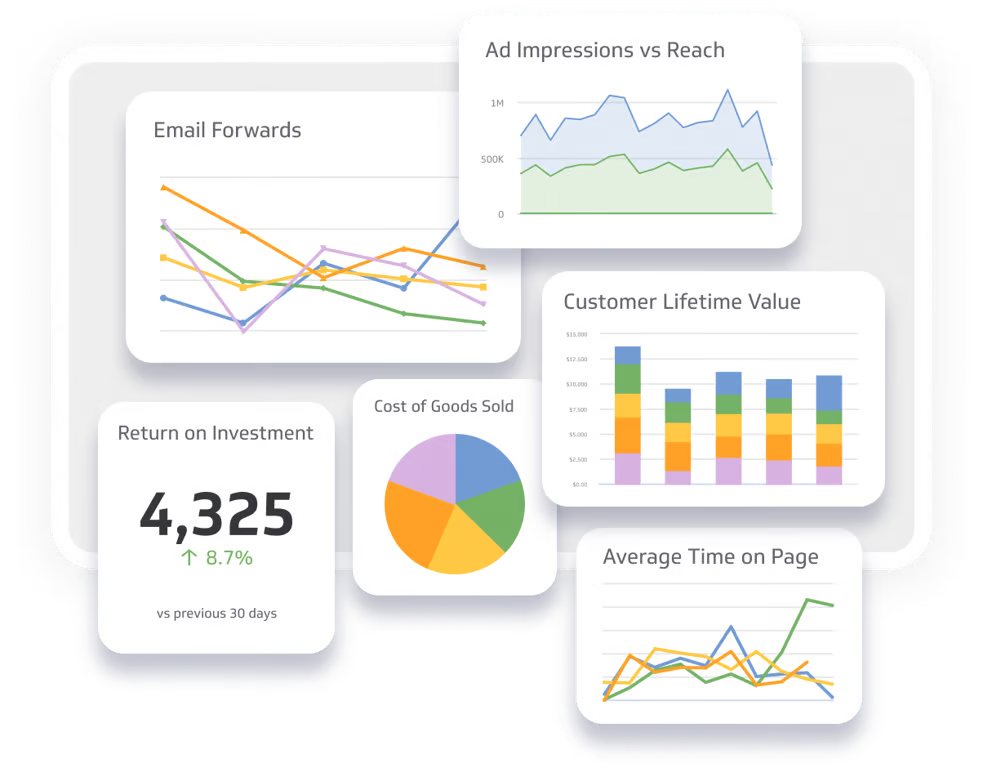Empowering Teams: The Transformative Role of Employee Development Programs
In the dynamic landscape of Human Resources (HR) management, fostering a culture of continuous growth and development is the cornerstone of organizational success.
Employee development programs not only enhance individual skills but also contribute significantly to a company’s overall effectiveness and competitiveness.
Investing in Talent: The most important strategic move
In today’s rapidly evolving business environment, the value of investing in employee development cannot be overstated. Organizations that prioritize ongoing learning and skill enhancement not only attract top talent but also retain and cultivate their existing workforce.
Employee development programs serve as a strategic investment in the company’s most valuable asset – its people.

Closing Skill Gaps: Staying Ahead of Industry Trends
Industries are evolving, and so are skill requirements. Employee development programs are instrumental in closing skill gaps, ensuring that teams stay ahead of emerging trends and technological advancements.
Whether it’s mastering the latest software or honing leadership skills, a proactive approach to employee development positions companies as industry leaders.
Boosting Employee Engagement: A Win-Win Proposition
Engaged employees are the heartbeat of a thriving organization. Employee development programs contribute to higher levels of job satisfaction and motivation, fostering a positive workplace culture.
When employees feel supported in their professional growth, they are more likely to be committed to their roles and contribute meaningfully to the company’s success.
Leadership Development: Nurturing Tomorrow’s Leaders
Effective HR management goes beyond recruitment and day-to-day operations. Employee development programs play a pivotal role in identifying and nurturing leadership potential within the organization.
Cultivating leadership skills not only prepares individuals for future roles but also ensures a pipeline of capable leaders who can guide the company through its growth trajectory.
Measuring Impact: Key Performance Indicators for Success
To ensure the success of employee development programs, HR professionals must establish clear Key Performance Indicators (KPIs) and measurement metrics.
From increased employee productivity to a reduction in turnover rates, these indicators provide valuable insights into the tangible impact of development initiatives.

The conclusion
In conclusion, the realm of HR management is increasingly centered around empowering teams through strategic employee development. By fostering a culture of continuous learning, organizations not only invest in their workforce but also position themselves for sustained success in an ever-evolving business landscape.

